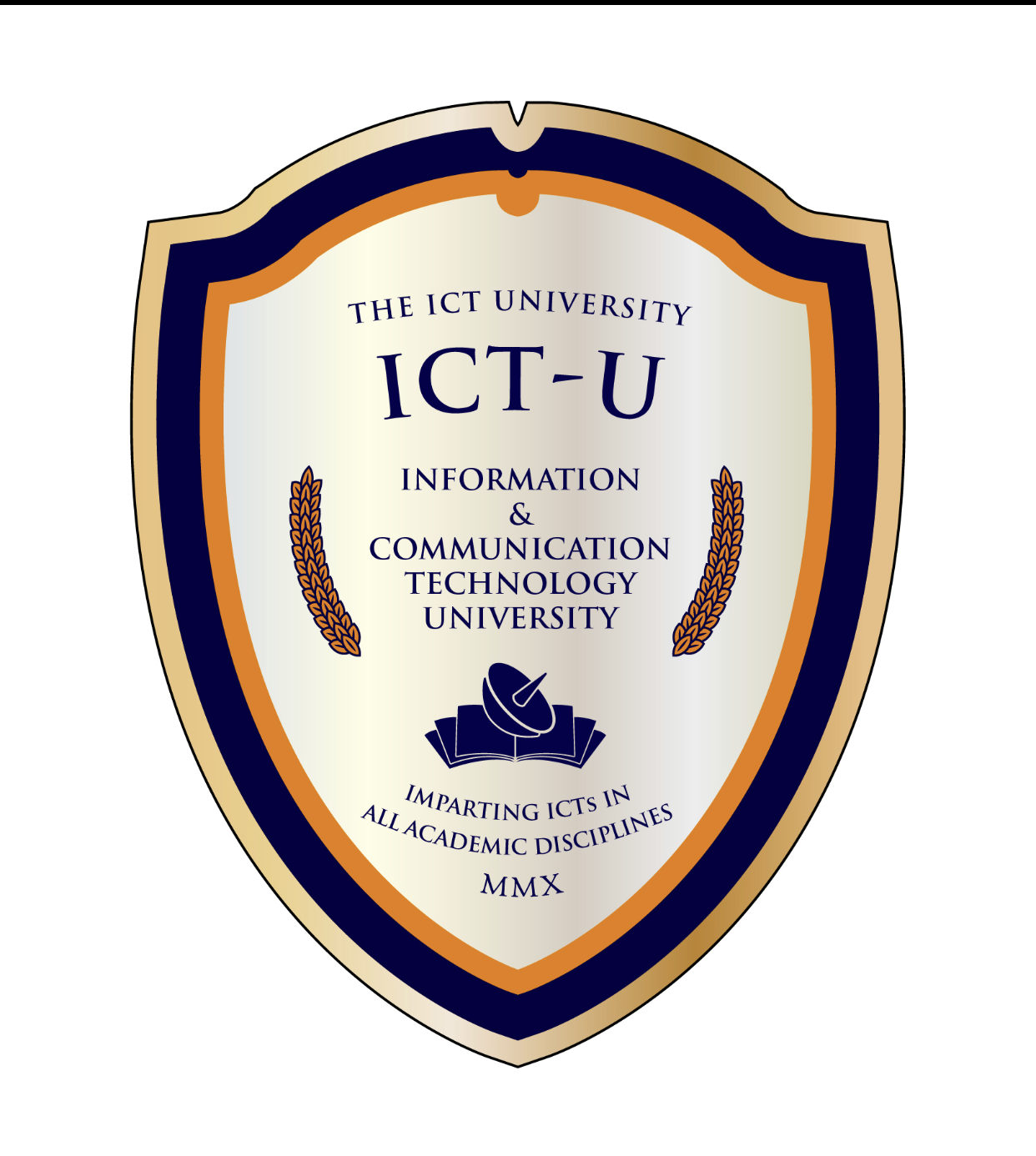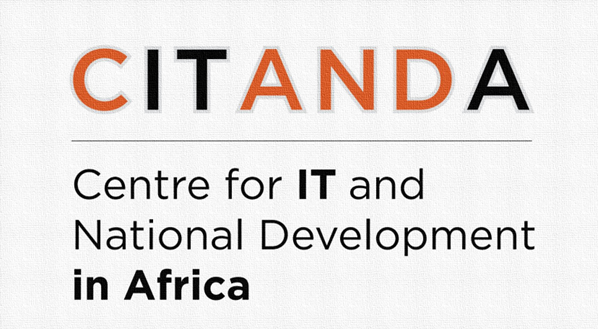Abstract
The emergence of the deadly global respiratory coronavirus disease (COVID-19) in 2019 claimed many lives and altered the way people live and behave as well as how companies operated. Considerable pressure was exerted on Institutions of Higher Learning (universities) to salvage the academic projects through the process of business model reconfiguration. Students were required to study remotely and were, therefore, exposed to phishing and scamming cyber-attacks. The effects of these attacks were examined in this study with the support of literature and empirical research leading to appropriate recommendations being proposed. Data were obtained through semi-structured interviews from students at a selected public-funded university. Atlas.Ti was used for data analysis to identify usable and sensible themes. The study established that students were aware of the factors that exposed them to phishing and scamming attacks but lacked the skills to identify such attacks before becoming victims.


